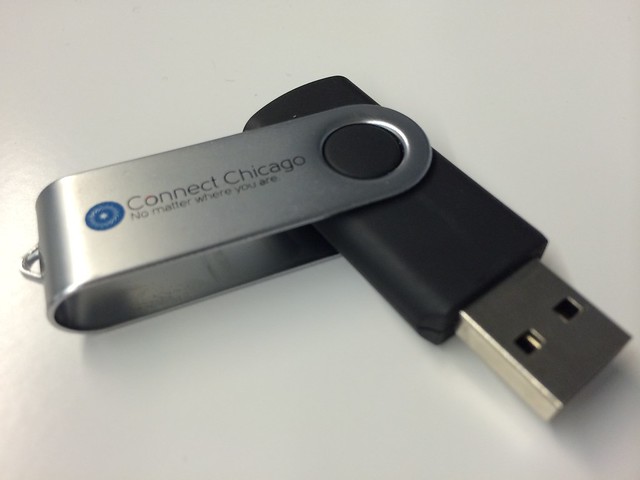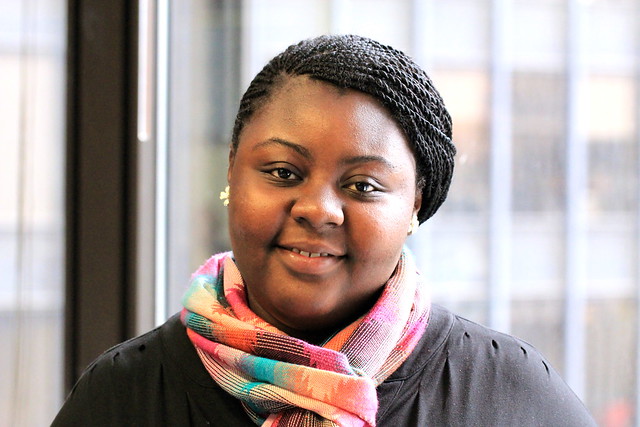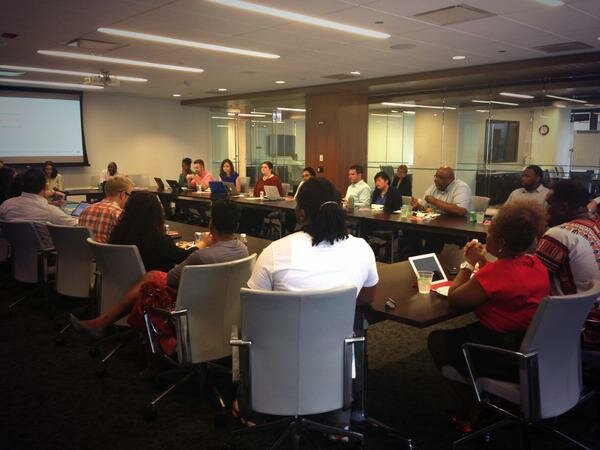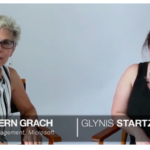When we think of digital access, most of us assume that we’re talking about access to the internet. However, there is more than digital access than just being able to go to a public computing center. Portable storage like flash drives play a vital role in allowing people to take advantage of technology. This is one story that illustrates the value of flash drives in an urban public computing center environment.

Humu Issifu works at John Hope High School in their GearUp Program and helps tutor students in math and English.

During one tutoring session, Humu’s students had been working on a paper for an English class. They all work on shared computers, and there wasn’t a good way for students to save their work. The students didn’t have email set up and so there wasn’t any way to simply send themselves the files. As a workaround, Humu used her own email account to store copies of each paper.
Many of the families with students at John Hope don’t have computers at home and use public computing centers like the Chicago Public Library or the computer lab at Kennedy King College to work on assignments.
Over the summer, Humu had worked with Smart Chicago’s Connect Chicago Summer of Data program to survey all the public computing centers in the City of Chicago. She remembered that as part of the program Smart Chicago had received a large number of flash drives.
Humu contacted Bryant Payne of MK Communications, who had worked with Smart Chicago to run the program, and asked about the flash drives. Using the flash drives, students can easily save their work onto the flash drive and carry it with them to different computers at any computing center. However, not every student can afford to purchase the drives.
We had 200 flash drives left over from the Summer of Data, so we gave them all to Humu for use with students. 100 of those drives will go to each freshman at John Hope. Next year, Humu will give the rest of the flash drives to the next freshman class.






